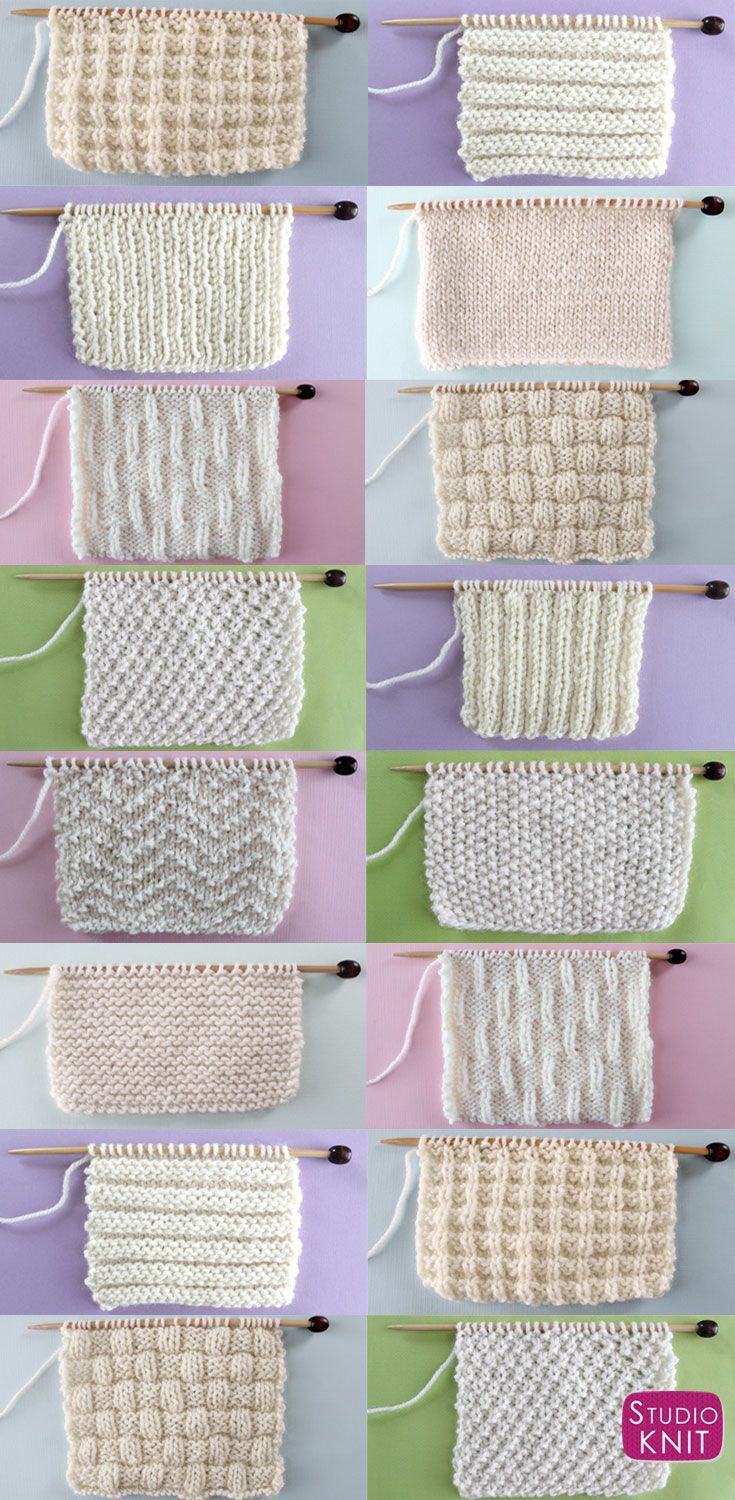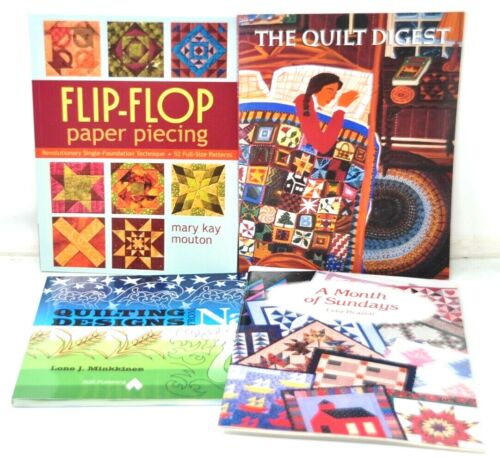
A jigsaw puzzle consists of pieces with odd shapes that must be assembled. Each piece represents a portion of a photograph and, when they are assembled together, the entire image becomes complete. Jigsaw puzzles offer many benefits, so why wait? Here are some examples of common layouts as well as ways to build them. In addition to the enjoyment they provide, jigsaw puzzles are also beneficial to the body and mind.
Benefits of Jigsaw Puzzles
One of the many advantages of jigsaws is their ability to improve cognitive skills. You must pay attention to the root cause when solving a puzzle. This is the basis of your solution and you then place each piece at the right spot. This skill can be applied to your workplace and will make you more inventive. You also have a better ability to think critically and be more flexible. How can jigsaw puzzles help you?

Common layouts
The majority of jigsaws use images with many different colors, textures and elements. It is also important to include background information. A well-designed puzzle will produce a stunning final product that will be loved by puzzle lovers for many years. Here are some examples of common layouts. Here are some of our most popular puzzles.
Ways to build a jigsaw puzzle
Space is essential for building a puzzle. A 1000-piece puzzle requires a space of approximately five feet. For loose pieces, keep some sorting trays on hand. It is easier to sort pieces if they face the exact same direction. The more experienced you are, the more you'll know whether a piece will fit into a different position.
There are many health benefits to jigsaw puzzles
Jigsaw puzzles are an excellent way to improve your overall health. Jigsaw puzzles stimulate brain processes that create and maintain new brain cells. It will make you more active and alert by requiring concentration to solve a puzzle. You will also experience a boost in your brain's dopamine levels, which are a happy chemical. You will feel accomplished when you complete a puzzle.

MBTI personality types might like to solve jigsaw problems
INFPs enjoy solving problems, and solving puzzles. This personality type is creative and analytical. It makes puzzle solving a wonderful activity for people who are MBTI. While puzzles may not appeal to you as much as a traditional game might, they can help improve your personality traits. Here are some reasons puzzles may be a favorite:
FAQ
What is a good hobby for kids?
For kids, a hobby can be any activity that they are interested in doing as part of their everyday routine. Kids might enjoy drawing pictures, making things, painting, writing, crafting, and other activities.
Many parents worry that their children will get into trouble if they're allowed to do whatever they want. But this isn't always true. They won't get into trouble if your child is safe and does not cause harm to others or themselves.
It is important that people remember that simply because they love doing something does not mean they will always do it. For example, if they love drawing pictures but they hate writing, then they may decide to draw pictures instead of writing.
There are many types of hobbies. It's up to you to choose one that you really enjoy.
What are observation hobbies?
Observation hobbies allow you to observe others doing the same thing. You might be interested in watching sports, reading, going on holidays, and so forth. You could also observe other people.
You can learn creativity through observation hobbies. You can use this knowledge later when you're working on projects for yourself or others.
You'll find that if you're interested in something, then you'll have an easier time learning about it.
If you are interested in learning more about football, for example, you might watch a match or read a book. You could visit or take part in exhibitions if you are interested in learning more about photography.
If you enjoy playing music, you could play along to songs online or buy a guitar.
You have the option to make your own meals or take out at a restaurant if you enjoy cooking.
If you love gardening, you might grow vegetables or flowers.
If you like dancing, you could join a dance class or go out with friends.
You can paint pictures if your passion is painting.
Write poetry and stories if that is what you love to do.
You can draw pictures if your passion is drawing.
You could work as a caretaker or keeper at a zoo if you are passionate about animals.
If science interests you, you can study biology, chemistry or physics.
You can read books, listen to podcasts, or watch films if history interests you.
If you enjoy travelling, you might consider exploring your local area or traveling abroad.
Where can you find free resources that teach more about hobbies and interests?
Many websites are dedicated to helping people find new hobbies.
Here are some favorites of ours:
www.trythisathome.com - This site provides a list of over 100 different hobbies. You can also find information about how to start each hobby.
www.hobbyfinders.org: This website offers thousands of activities you can search by skill level, location, or interest.
www.indiebazaar.co.uk - IndieBazaar is an online marketplace designed specifically for independent artists and musicians. The site has hundreds of products, from artwork to music equipment.
www.pinterest.com/explore/hobbies - Pinterest is a social media network that lets users "pin" images they find interesting onto their boards. Users can organize the things they like in specific categories with boards.
www.reddit.com/r/Hobbies Reddit allows users to share links to articles, videos and other content on their social media platforms. Voting is available for users to choose the most valuable posts.
How do I get started?
It is important to choose the type of hobby you want to start.
After you've decided on your subject, it is important to feel passionate about it.
Understanding why you are interested in a hobby is important. This will help give you direction and provide a purpose.
Once you've decided what type of hobby you'd like to pursue, you can begin planning.
You should think about the equipment you'll need.
You should consider whether or not you will need to take classes or attend seminars.
Ensure that you have enough space for your hobby.
A club or group might be something you consider. These groups offer support and advice.
Finally, think about how much money you would need to spend on your hobby.
What are good hobby ideas?
Your favorite hobbies are ones you enjoy. If you enjoy what you do, it will be much easier to keep going. You'll also have an excuse when you're not feeling well or tired!
The hobbies we all love are gardening, painting and crafting, photography.
You might also consider volunteering at a local charity shop or animal shelter, children’s hospital, hospice, elderly home, school, community centre, church, and other places.
You might be looking for something more adventurous. Try scuba diving, rock climbing or parasailing.
You can spend your time outdoors in many different ways, including spelunking, snowshoe hiking, snowshoe hiking and more. These include caving, cliff diving, cave tubing, abseiling, sea kayaking, rafting, canoeing, climbing, trekking, bushwalking, mountaineering, backpacking, trail running, orienteering, off-road driving, quad biking, motorcycling, motorcycle riding, dirt bike riding, jet boating, hang gliding, hang gliding, parachuting, hang gliding, heli-skiing, ice skating, snowmobiling, snowshoeing, snowshoeing, cross country skiing, downhill skiing, telemark skiing, ski touring, sled dog racing, snowboarding, snowkiting, snowmobiling, spelunking, snowshoe hiking, snowshoeing and many more.
What are some good hobbies for seniors to do?
Senior citizens should have fun activities that they enjoy doing. They should also try to stay active by participating in sports and other physical activities.
They might want to join clubs where they can meet people who share similar interests. They will feel less lonely as their age.
Senior citizens should keep up to date with the latest trends. For example, they could follow fashion, art, music, literature, politics, etc.
What does a hobby cost?
The only thing that costs less than a hobby is time. If you're serious about your hobby, it can take you years to get what you want.
However, there is something that can help. It's called "passion". If you have passion about something, it will make it easier for you to work hard.
Once you put in the hours, you might find yourself addicted to the activity. This is when the real fun begins. You are now doing something that you love and getting better every day. By the end of the year you'll have probably made a lot of progress.
Don't be too concerned about how long it takes. Give it a shot. You may be surprised!
Statistics
- The Role of the Mind in Sex, Dating, and Love: Men in the “humor” condition received phone numbers from 42.9% of the female participants and were refused 57.1% of the time. (time.com)
- A new survey by Pew Research Center of teens ages 13 to 17 finds that 36% of girls feel tense or nervous about their day every day; 23% of boys say the same. (pewresearch.org)
- Much of this decline reflects the fact that teens are less likely to work today than in the past; among employed teens, the amount of time spent working is not much different now than it was around 2005. (pewresearch.org)
- This 100% accurate personality-analyzing hobby quiz discovers your passion based on your characteristics. (quizexpo.com)
- Almost 80% of people claim to have no hobby. (hobbylark.com)
External Links
How To
How to learn a musical instrument
If you want to learn how to play music, there are many ways to do so. You have the option of going to school, buying a book or taking lessons from someone who plays an instrument. Or, you can watch videos online. Here are some tricks and tips to help you find your way.
-
Find something you are interested in. Try another instrument if you don't love any of the ones you see. If you don't like playing an instrument, it would be difficult to learn how to play it.
-
Be patient. Learning anything new takes some time. Don't expect to master everything right away. Keep practicing each day.
-
Make sure you practice regularly. Even when you feel tired, continue practicing. This will make sure you don't forget the lessons you have learned.
-
Choose a good place to practice. A quiet room where you won't disturb anyone else is ideal. Be sure to not distract others. Avoid loud music, for example.
-
Have fun. Music is meant for enjoyment. Have fun with your practice. It will make you more motivated to keep going.
-
Set goals. When you set goals, you know exactly what you have to achieve. Failure is not an option.
-
Keep track of how you are doing. Keep track of all your successes and failures. You'll be able to learn and improve as you go.
-
Take breaks. Sometimes all it takes is to take a breather. Take breaks to allow you to reflect on things.
-
Ask questions. If you have any questions or doubts about the instrument, ask other people. They may be in a position to assist.
-
Learn by listening. Many musicians learn by listening to the songs they love and then imitate them. This helps them understand the basic concepts behind the song.
-
Read books. Reading books will teach you more than watching videos or taking classes. Books contain information you will not find anywhere else.
-
Join a group. Playing with others will force you to practice more. Plus, you'll meet people with the same interests as you.
-
You can watch tutorials. Tutorials are short videos which explain many topics in great detail. These videos often focus on one aspect or part of the instrument. These tutorials will help you to understand the more difficult parts.
-
You can try different methods. Some prefer to learn by listening, while others prefer reading. Experiment until you find what works best for you.
-
Practice makes perfect. It is not possible to become an expert overnight. You must work hard to become proficient enough to do well.
-
Learn from other musicians. Listening to your fellow musicians perform their favourite songs can help you learn quicker.